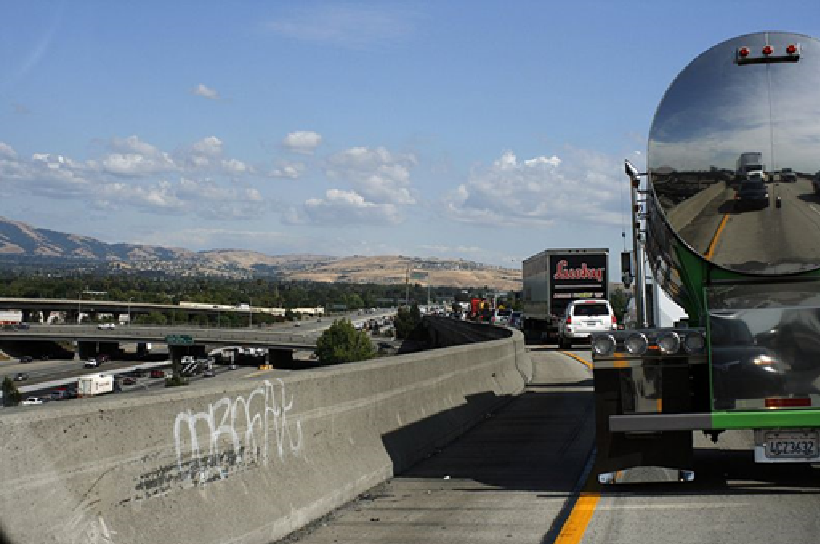In a recent poll, as reported in the Mercury News, Bay Area voters said that when it comes to fixing two of the Bay Area’s biggest challenges – traffic congestion and lack of affordable housing – they’re more willing to put their tax dollars towards fixing traffic gridlock.
The Mercury News and The Silicon Valley Leadership Group, a nonprofit, public-policy advocacy group composed of more than 390 businesses in Silicon Valley, organized the study. And the market research firm Fairbank, Maslin, Maullin, Metz (FM3), and Associates conducted the poll, which surveyed nearly 2,000 potential voters in the nine Bay Area counties last February.
While 83 percent of respondents cited the cost of housing as an “extremely” or “very serious” problem, compared to 76 percent who said traffic congestion is an extremely or very serious issue, fewer respondents said they’re willing to put tax money towards fixing housing problems.
Seventy-one percent of respondents said they would support a one-cent sales tax to combat traffic problems by expanding transit lines, upgrading roadways, and taking other measures. But only 43 percent said they would support a multi-faceted plan to address high housing costs.
While the vast majority of voters surveyed said they want the housing crisis to be fixed, at issue is how to go about it.
J.R. Starrett, advocacy and community engagement director for the Non-Profit Housing Association of Northern California, said that Bay Area voters have demonstrated their support for bonds and other taxes for affordable housing in recent years by approving 14 out of 17 ballot measures in the region since 2015.
However, the poll asked voters specifically about the CASA Compact, a measure that’s designed to make it easier to build more housing via changes in zoning, reducing red tape, and building more tax-funded affordable housing.
The CASA Compact also calls for regional rent control and other protections for tenants, such as making evictions more difficult. It also calls for increased taxes on employers and property owners, as well as a sales-tax to generate $1.5 billion to build more housing for all income levels.
Not surprisingly, 62 percent of renters who were polled vs. 32 percent of homeowners, were more likely to support the CASA Compact measure. In general, those with less secure housing are in favor of it. Furthemore, 56 percent of voters under the age of 40 were more likely to support the measure compared to just 39 percent of respondents aged 40 to 59 and 35 percent of respondents who were over the age of 60.
Voters who make less than $60,000 per year were more likely to support the measure, at 57 percent, compared to 53 percent of those who make between $60,000 and $120,000, and just 39 percent who make over $120,000.
Consensus around fixing traffic congestion problems is far easier to come by. In addition to the majority of respondents saying they would support a 1-cent sales tax for traffic and transit improvements, 64 percent said they would be willing to support the same projects even if they were financed through a $50 billion bond measure and a 0.4 percent gross receipts tax on businesses throughout the Bay Area.
Carl Guardino, president and CEO of the Silicon Valley Leadership Group, said, “We’re heartened that 71 percent of us are willing to reach into our pockets to address this through a one-cent sales tax. That’s quite a statement and a commitment by Bay Area voters.”
According to Russell Hancock, president and CEO of Joint Venture Silicon Valley, a regional think tank, local support to invest in transportation has been consistently high for 40 years.
But despite the number of people who value such improvements, according to the Metropolitan Transportation Commission, the length of time that commuters spend in highway traffic going 35 mph or slower increased by 80 percent from 2010 to 2017.





